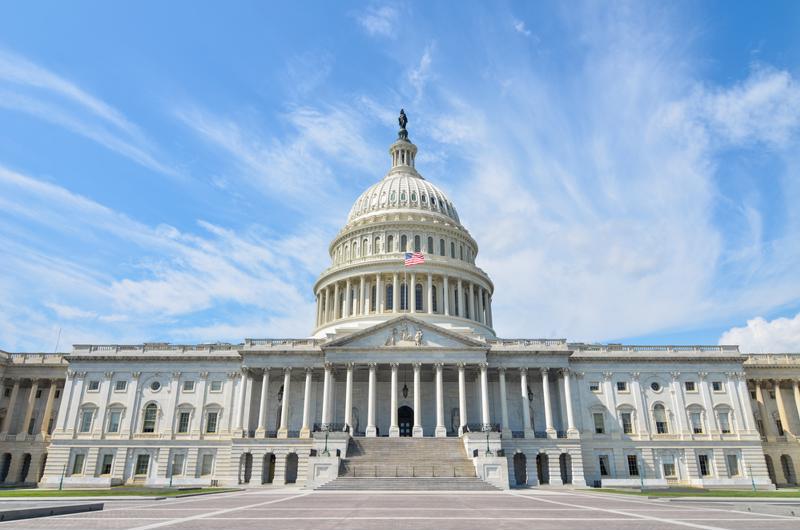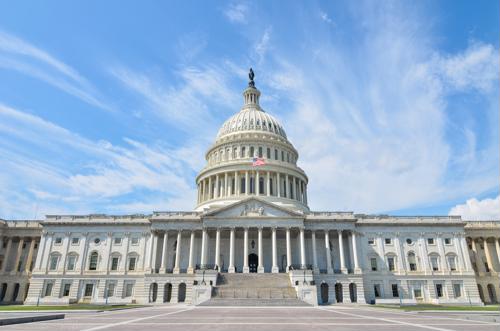Increasingly vocal criticism and public frustration have seemingly had little effect on the continuing stalemate plaguing the Federal Elections Commission. Split evenly between Democrats and Republicans, the commission has been deadlocked for years on a variety of campaign finance reform and election law compliance issues.
Critics of the FEC were given more ammunition when in early March the commission announced it could not agree on whether or not PAC donors used corporations as shell companies for hiding their identities in the 2012 election. What's the fuss about?
Well, the FEC's decision (or rather, non-decision) effectively gives donors the green light to continue writing checks through so-called straw donations (individuals donating through their Limited Liability Companies) limiting their visibility in this year's campaign by not using their personal name. For many it's continued evidence of partisan gridlock, or worse, a failure of democracy. For Super PACs, though, it leaves a lucrative fundraising channel open for business for the 2016 election season.
A chance to get things done
Matthew Petersen was elected the FEC's Republican chairman for 2016 back in December. The position passes between parties each year, and Petersen's pensive demeanor represents a marked departure from that of his Democratic predecessor Ann Ravel, who was never shy about voicing her strong opinions on the necessity for campaign finance reform.

In February, Petersen sat down with Bloomberg BNA to talk about his objectives for the agency this year, including non-confrontational measures like modernizing regulations for new PAC software that is used by many of today's campaigns and updating reporting forms with new language. Policy decisions were, Petersen made clear, best left to Congress.
"I try not to be unrealistic about what's possible," he told Bloomberg. "I know where the fault lines are between different sides and different commissioners. But notwithstanding that, there are still things I think we can get done."
Petersen went on to say he hoped that "by focusing on some of these smaller things…on areas where there might be broad agreement," the FEC could move beyond its partisan hurdles and prove itself to be a functioning – if not productive – agency. Three months into Petersen's tenure, however, that has yet to happen.
The most recent fracture point was, of course, the commission's failure to take a stand on anonymous corporate donations.
Donors can hide their identities
When FEC Assistant General Counsel William Powers wrote to the nonprofit group Campaign Legal Center in March that the six-member commission was split, he referred to corporate donations made in 2011 to Restore Our Future, a Super PAC supporting then-Republican candidate Mitt Romney for president.
According to The Washington Post, at the center of the issue were three $1 million donations Restore Our Future received from corporate institutions. At least one of the donors had a very short life span. W Spann LLC, a company incorporated in Delaware, was only around from March to July. Then it was gone. After a number of complaints were filed, a Romney supporter admitted to forming the LLC.
"In the Citizens United era, it's not surprising that the FEC didn't offer a ruling."
Campaign Legal Center saw the move as a violation of federal law prohibiting donors from making contributions in another person's name. They sent the matter on to the country's chief regulatory agency for a more thorough assessment.
"The FEC was not able to muster four votes to even open an investigation," Paul S. Ryan, the center's deputy executive director, told The Post. "It took them almost five years to get to it and then they deadlocked."
In the era following the Supreme Court's Citizens United decision, it is perhaps unsurprising that the FEC would not make a stand on a contentious issue, particularly under the leadership of Peterson, who has said from the start that the commission would not take a political position while he was in charge.
Ryan told The Post that the Campaign Legal Center was seriously considering bringing a lawsuit against the FEC for a failure to enforce the law. Its chances would appear dubious at best. And so, for now, Super PACs retain the right to accept anonymous corporate donations.

